These 9 Animals Have "Wood" in Their Common Names — Here's Why
Believe it or not, there are more than a few animals with "wood" in their common names.
Updated Feb. 6 2025, 9:32 a.m. ET
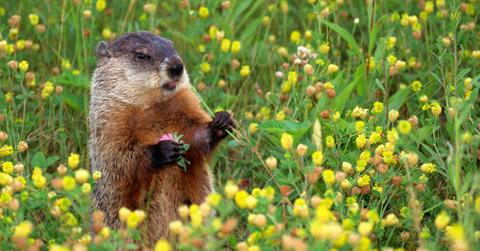
All animals have a scientific name that identifies their genus and their species. For example, according to Britannica, the scientific name for woodchuck is Marmota monax. That hardly rolls off the tongue, especially since it's in Latin. Singing "How much wood can a Marmota monax chuck…" doesn't have the same appeal as the popular refrain sung by children.
So, the names we use for animals are much more simplified and, in some cases, refer to their habitat or behaviors. Woodchucks do “chuck,” or chew, on wood (how much is up for debate). Here are nine other animals that start with wood in their names.
Woodpecker
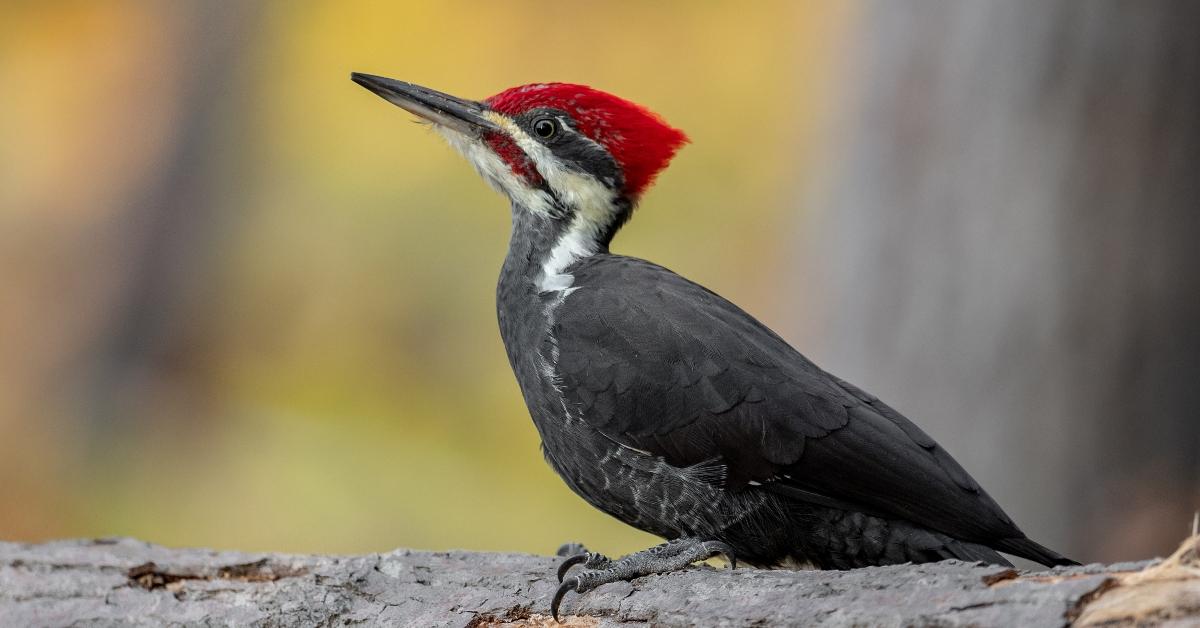
According to Britannica, woodpeckers most likely got their name due to their penchant for pecking at the woods of trees and sometimes the wood siding on your home. There are many types of woodpeckers, including the downy, hairy, and pileated woodpeckers.
Wood duck
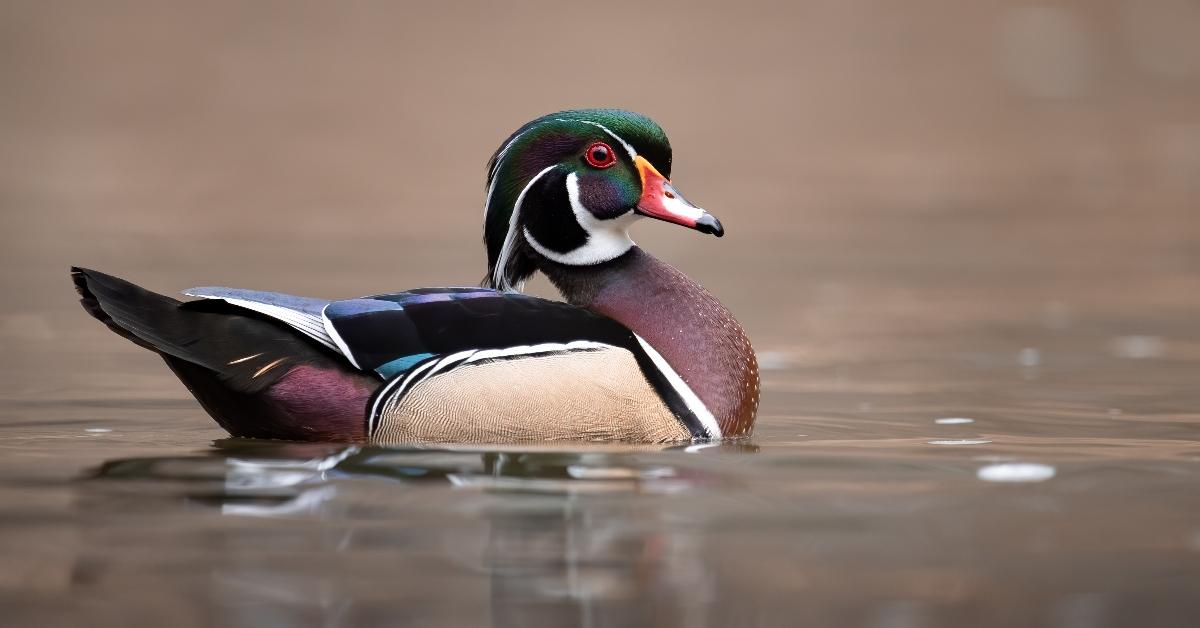
The wood duck is a type of duck that lives in wooden areas of the U.S. They also make their nests in the trees, which is different than other kinds of ducks, per All About Birds.
Wood tick
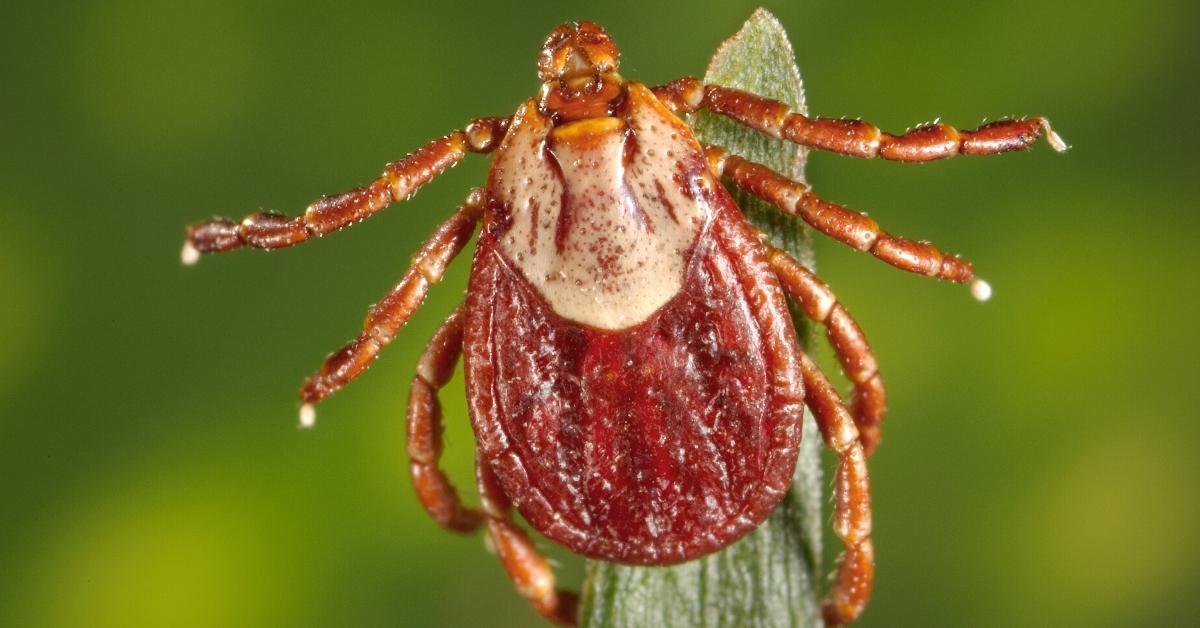
The wood tick is a nasty little parasite that often lives in wooded areas. They attach themselves to wild animals, pets, and humans and feed on their blood. They also transmit dangerous diseases to their hosts, including Rocky Mountain spotted fever, per petMD.
Wood bison
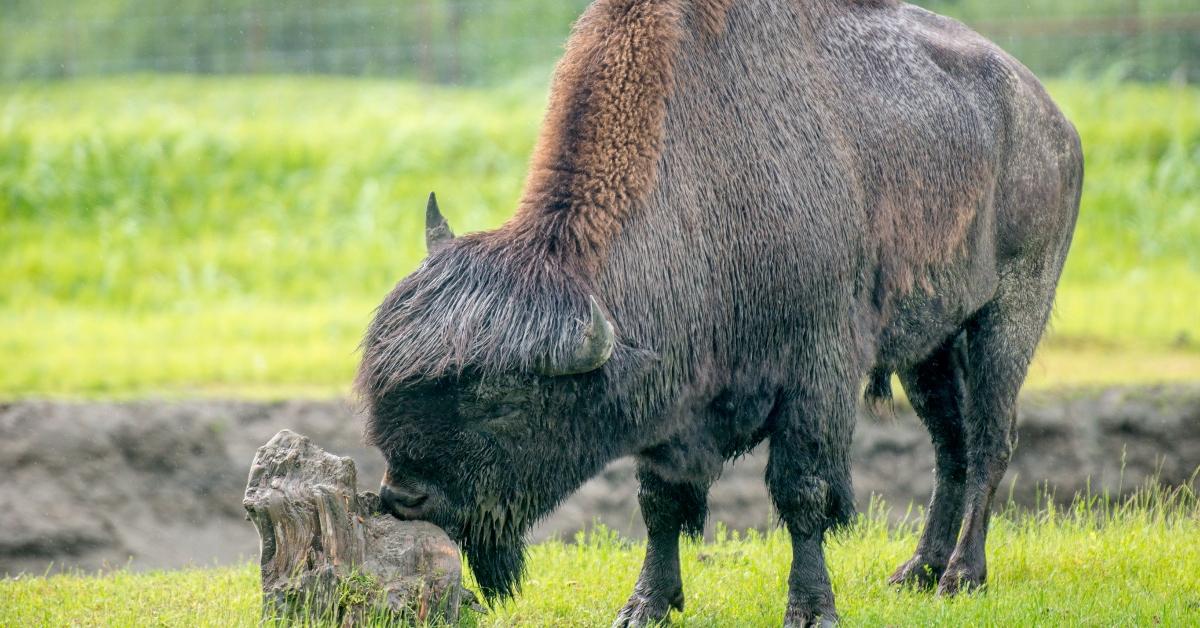
Wood bison, also called mountain bison, are a larger subspecies of the American bison that live in wooded, mountainous areas in northwestern Canada, per the Alaska Department of Fish and Game. Although wood bison once roamed free in Alaska, none remain in the wild there as of 2023.
Wood turtle
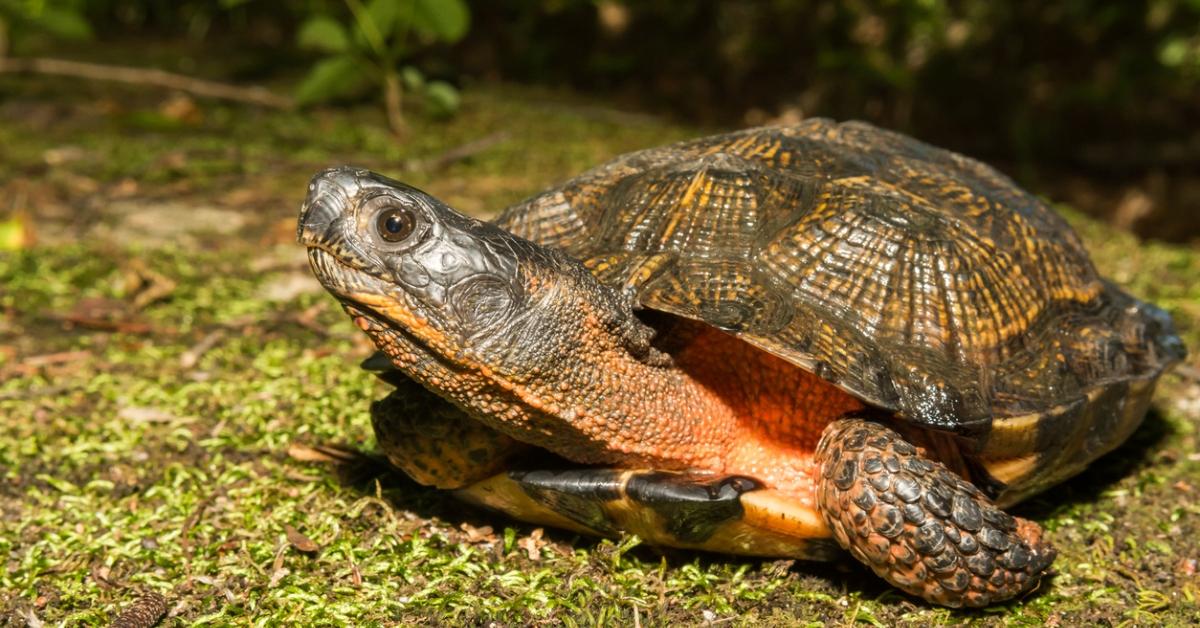
Wood turtles divide their time between land and water. Wood turtles commonly reside near forest streams, but it’s not unusual to find them in open grass foraging for food in the spring, per the U.S Fish & Wildlife Service. In 2024, the U.S. Fish & Wildlife Service will consider adding wood turtles to the Endangered Species list.
Wood frog
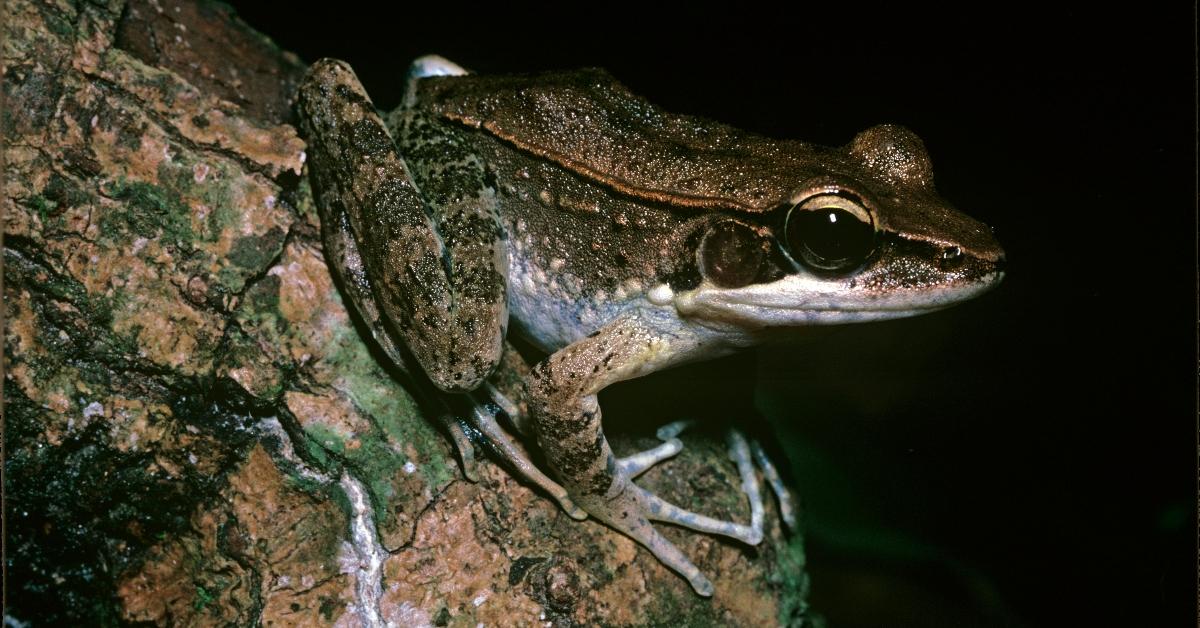
According to the National Wildlife Federation, wood frogs are “the only frogs that live north of the Arctic Circle.” In 2015, the wood frog was named the official state amphibian for New York, per Politico. The reason they're called wood frogs is because, you guessed it, they're mostly found in forests and swamps. In winter, these teeny amphibians hibernate under logs or leaf litter, per PBS.
Wood mouse
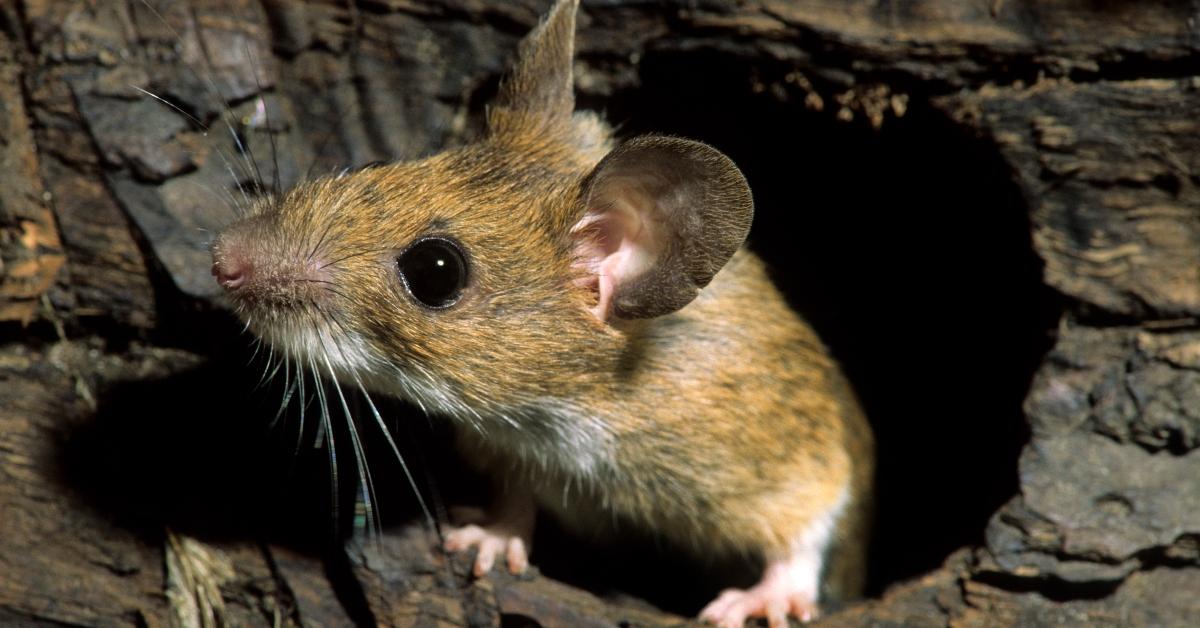
The wood mouse is also known as the long-tailed field mouse, and it can be found in forests in Europe, per The Wildlife Trusts. These cute little guys have also been known to show up in people’s gardens.
Wood owl
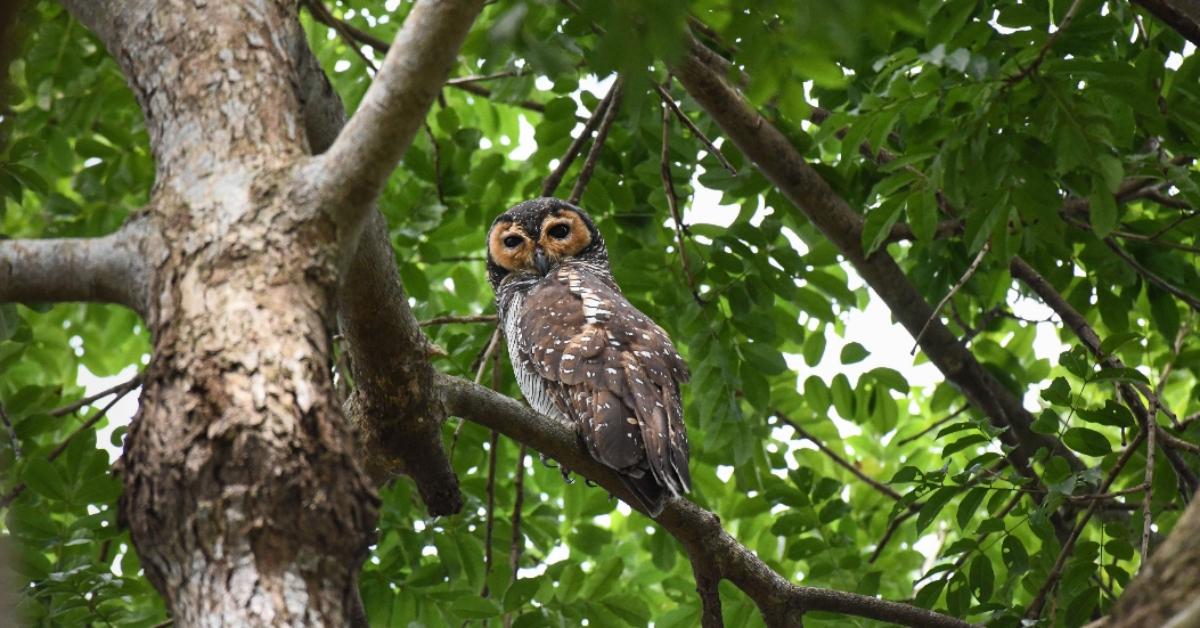
There are actually several species of wood owls in the wild. There’s the spotted wood owl and the brown wood owl of Southeast Asia, the mottled wood owl from India, and the African wood owl. Wood owls are so named primarily because of their habitats in forests or woodlands, per The Peregrine Fund.
Woodland caribou
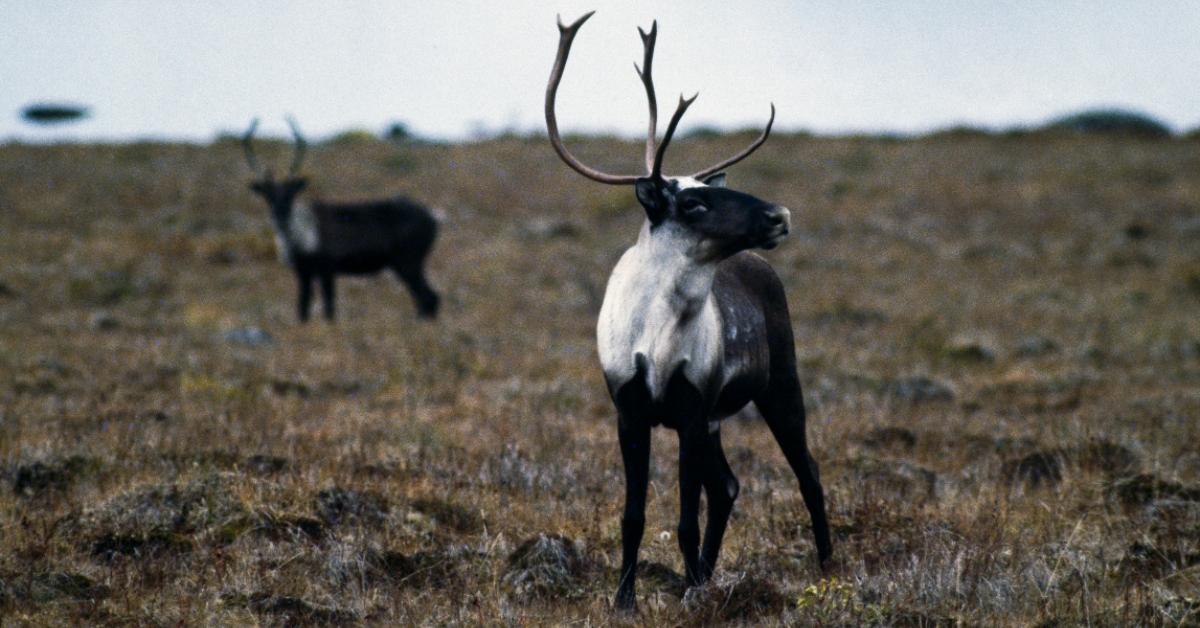
Woodland caribou live in the upper reaches of Canada and the Yukon Peninsula and were originally found in regions with old-growth forests, because according to the Washington Department of Fish & Wildlife, they like to eat tree lichen. They are a federally protected species in Canada, according to Nature Canada. They are typically larger and darker than other caribou species, per Canadian Geographic.
This article, originally published on Dec. 20, 2023, has been updated.